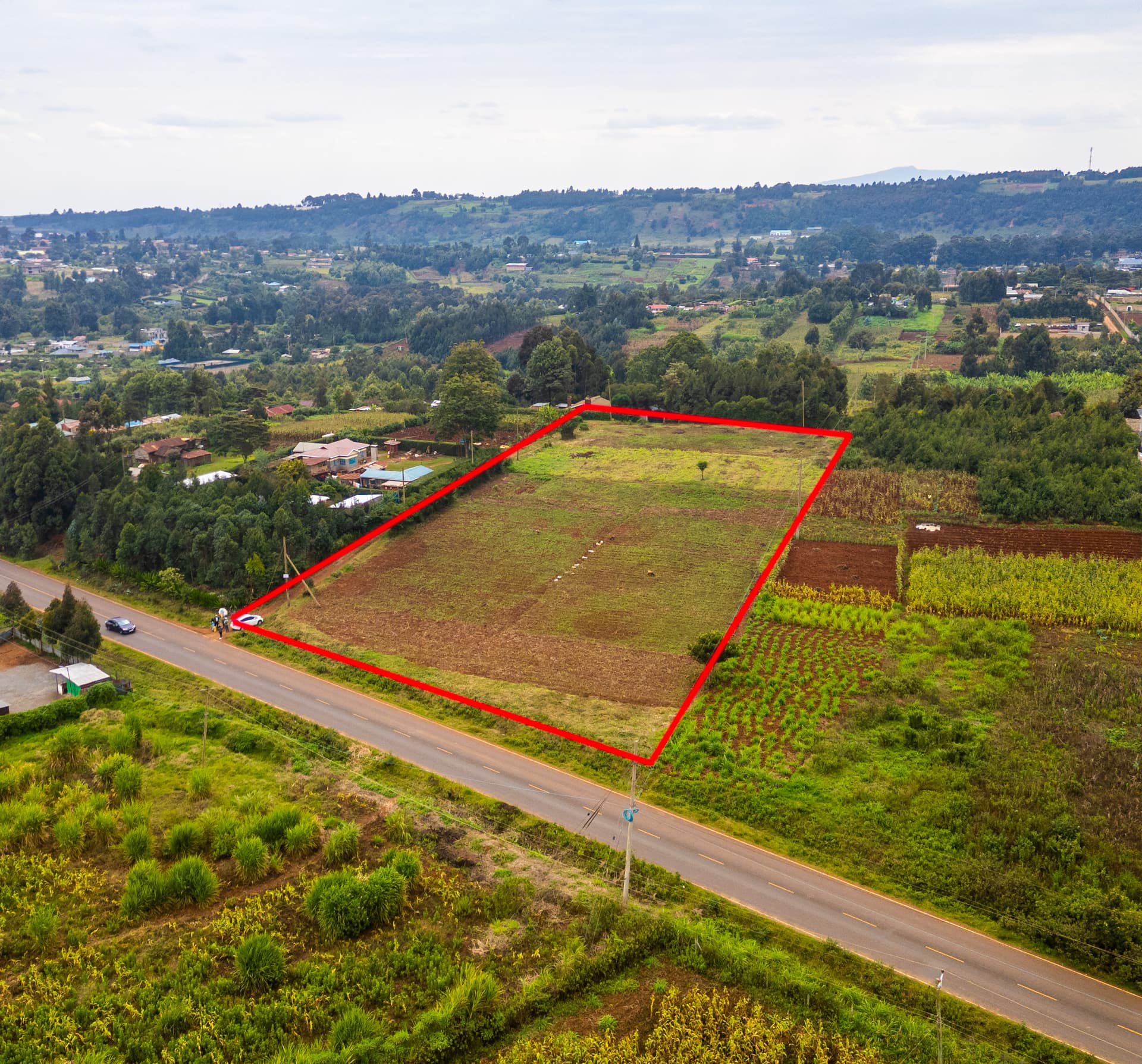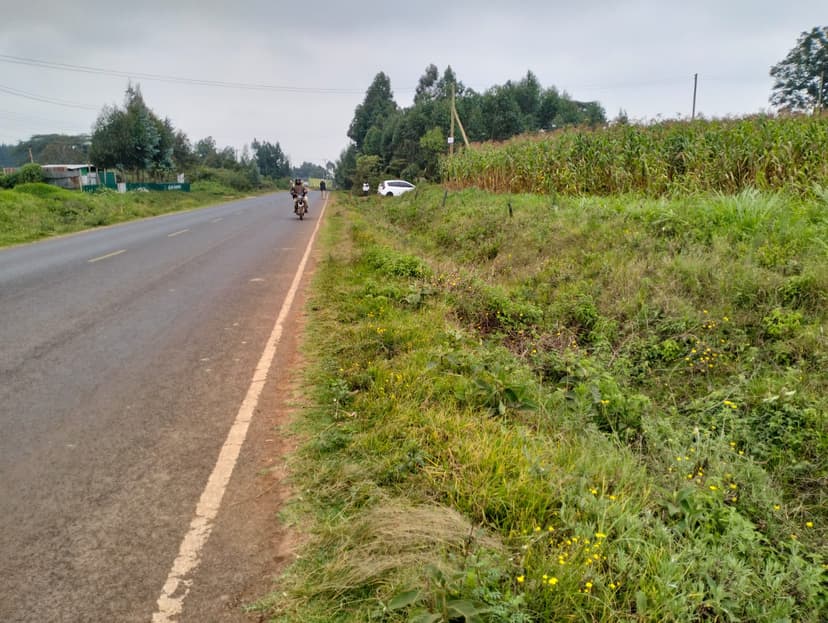Buying land in Kenya is one of the smartest investments you can ever make. However, land transactions in Kenya are also known for pitfalls that can cost buyers huge losses if they are not careful. Whether you are purchasing land for residential, commercial, agricultural, or investment purposes, it is important to carry out proper due diligence before signing any agreement.
Here are 6 critical mistakes to avoid when buying land in Kenya:
1. Failing to Check Land Rent and Rates
Before committing to buy land, always confirm with the County Government whether the property has any pending land rent or rates. Unpaid fees and penalties are automatically transferred to the new buyer, meaning you could inherit debts that are not yours. Visit the county offices and request an official land rent/rates clearance certificate to ensure the land is debt-free.
2. Not Verifying the Land Location and Beacons
Many buyers fall into the trap of trusting the seller’s word on where the plot starts and ends. This can lead to boundary disputes with neighbors or even cases of buying land that doesn’t exist. Always hire a licensed land surveyor in Kenya to confirm the exact size, boundaries, and beacons of the property against the deed plan or survey map. This ensures you are paying for the right parcel of land.
3. Ignoring Zoning and Land Use Regulations
Every area in Kenya is governed by zoning laws and land use regulations. Buying land without checking whether it is zoned for residential, agricultural, commercial, or industrial use can lead to costly mistakes. Imagine buying land to build apartments only to find out it is reserved for farming or public utilities. Before purchase, consult the County Physical Planning Department to confirm the permitted use of the land.
4. Paying in Cash or in Full Before Completing Due Diligence
Some buyers rush to pay the full purchase price in cash, only to discover later that the land has ownership disputes or legal restrictions. Avoid cash payments that leave no trace and instead use bank transfers, bankers’ cheques, or escrow services for accountability. Only make full payment after conducting all due diligence checks and signing a legally binding sale agreement drafted by a real estate lawyer in Kenya.
5. Ignoring Future Developments in the Area
Land value is directly influenced by infrastructure and future developments. Many buyers focus only on the current state of the land and forget to check the long-term plans. For example, you may unknowingly buy land next to a proposed dumpsite, sewerage treatment plant, or power line reserve, which could affect your living standards and property value. Visit the County Government offices and ask about the physical development plan of the area before buying.
6. Failing to Demand for Spousal Consent (Matrimonial Property)
Under the Land Registration Act, 2012 and the Matrimonial Property Act, 2013, any land considered matrimonial property cannot be sold, transferred, or leased without the written consent of the spouse. If you fail to demand this, the unconsulted spouse can sue and have the sale reversed, even after you have fully paid. To protect yourself, always ask for spousal consent in writing, especially when buying from a married seller.
Final Thoughts
Buying land in Kenya requires patience, research, and guidance from professionals. Always involve a qualified lawyer, licensed surveyor, and land valuer in the process. By avoiding the above mistakes, you protect your hard-earned money and secure a property that will give you peace of mind and long-term value.
If you are looking for affordable plots for sale in Kenya, take time to carry out thorough due diligence—it is the smartest way to avoid land scams and make a profitable investment.


